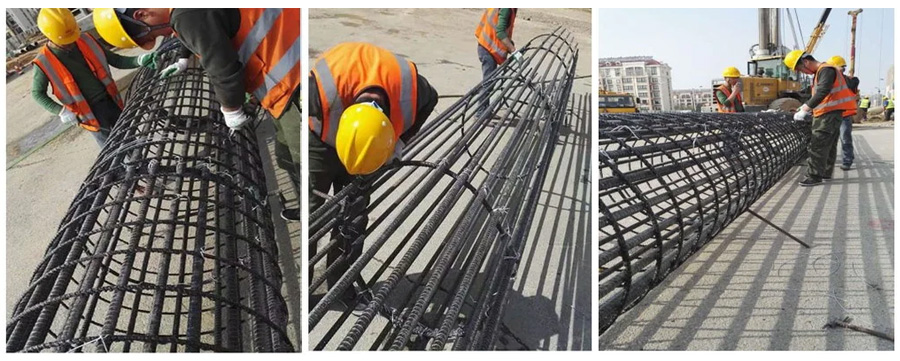In the field of construction, the use of traditional steel bars has become the norm for strengthening concrete structures. However, as technology advanced, a new player emerged in the form of fiberglass composite rebar. This innovative material offers a range of advantages, making it an excellent choice for construction projects.
One of the main advantages of fiberglass composite rebar is its excellent corrosion resistance. Traditional steel bars are susceptible to rust and corrosion, especially in harsh environments or when exposed to chemicals. In contrast, fiberglass composite rebar does not corrode, making it ideal for structures exposed to moisture or corrosive substances.
Additionally, fiberglass composite rebar is much lighter than steel rebar, making it easier to handle and transport. This saves labor and equipment costs and reduces worker stress during the installation process. Lower weight also means that structures reinforced with fiberglass composite rebar can have a lower overall weight, which is advantageous in seismic or weight-sensitive applications.
In addition, fiberglass composite rebar has excellent thermal insulation properties, helping to reduce the risk of thermal bridges in concrete structures. This can improve energy efficiency and reduce building heating and cooling costs.
Another advantage of fiberglass composite rebar is its non-conductive properties, making it ideal for projects where conductivity is a concern. This is particularly beneficial for infrastructure projects such as bridges and tunnels.
In summary, the use of fiberglass composite rebar in construction offers a range of advantages, including excellent corrosion resistance, lighter weight, thermal insulation properties and non-conductivity. As technology continues to advance, fiberglass composite rebar is likely to become an increasingly popular option for reinforcing concrete structures in the future.
Post time: May-13-2024







